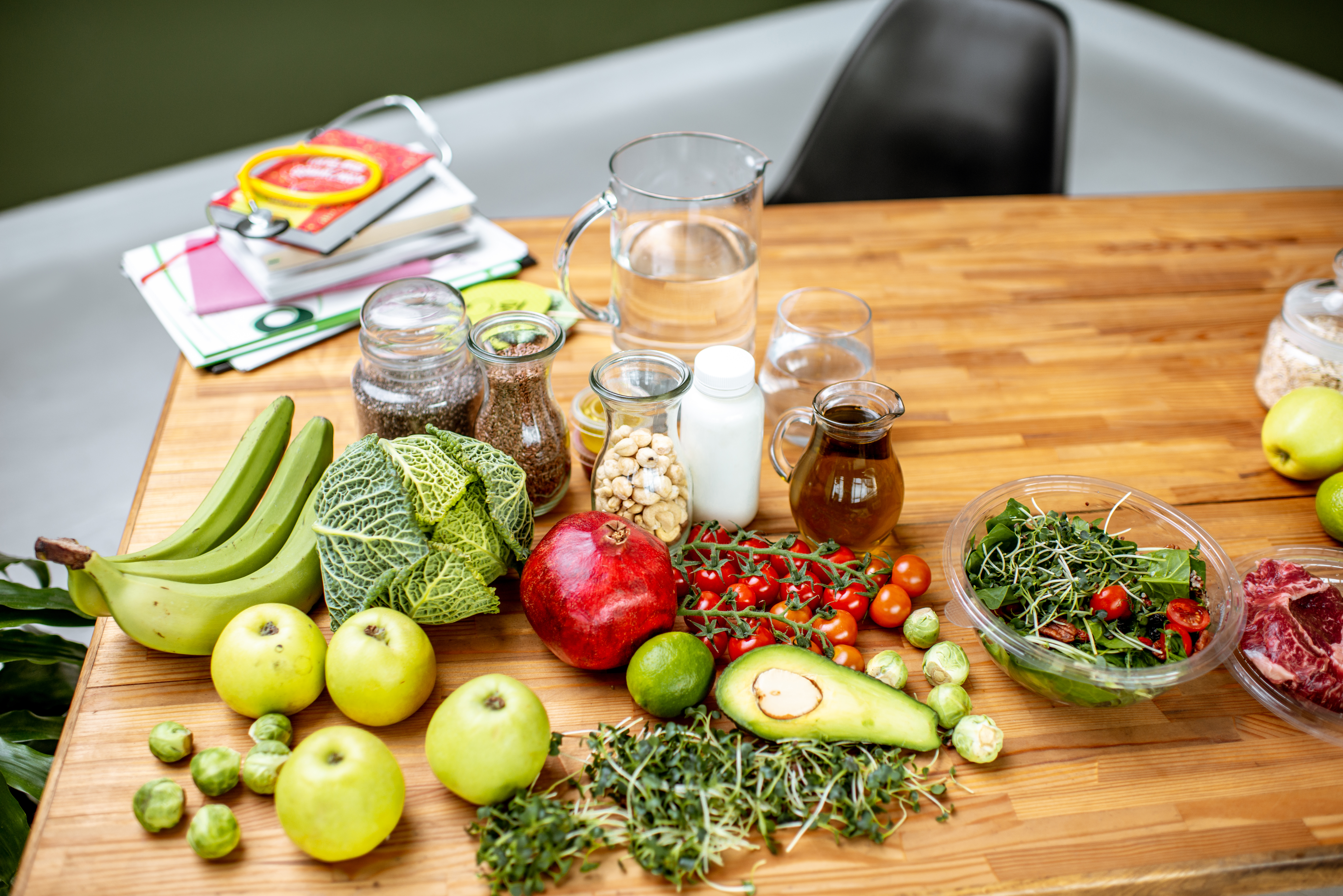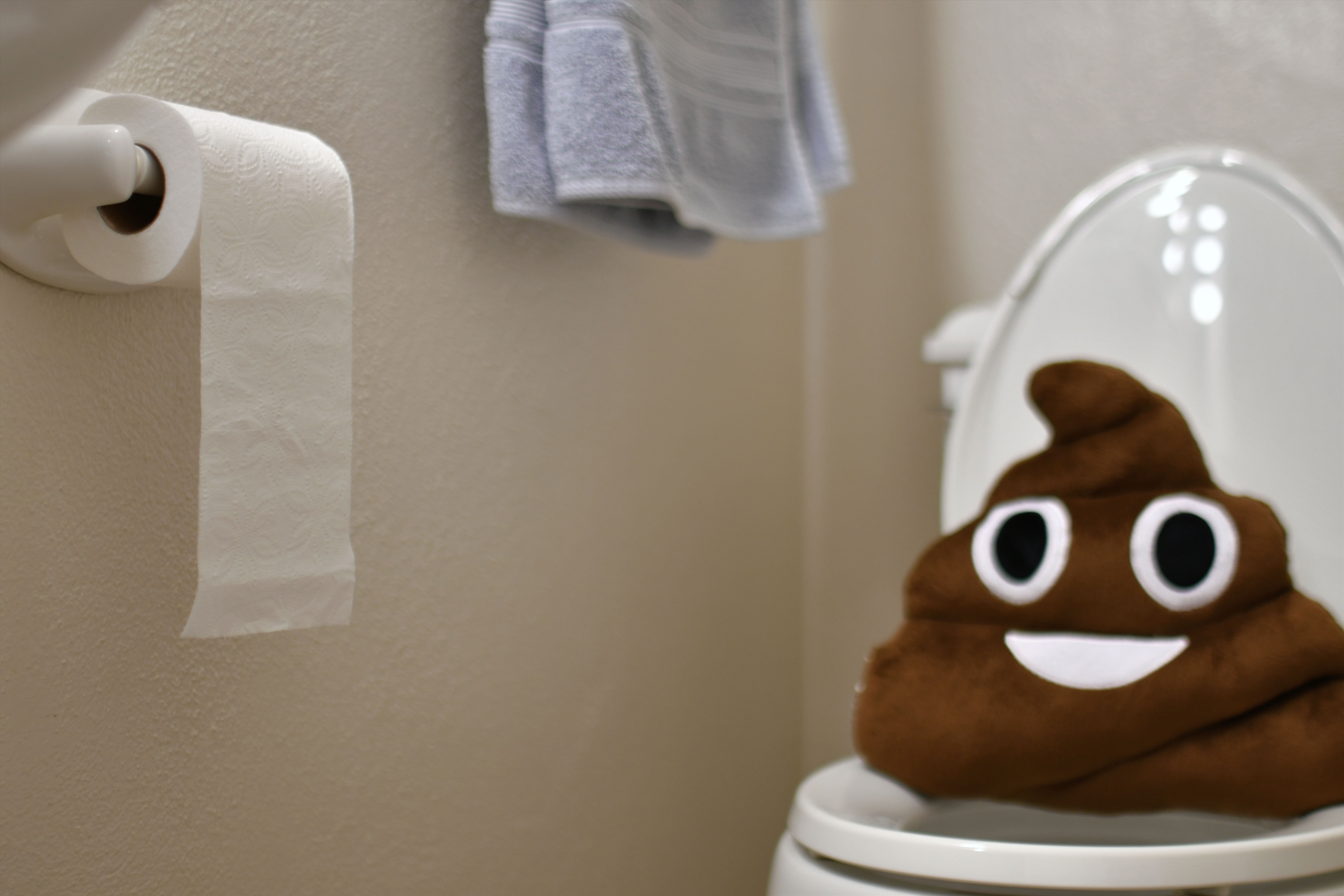Time to Normal Bowel Movements After Gastric Sleeve | Post-Surgery Tips
Gastric sleeve surgery is a life-changing procedure that can significantly impact your digestive system, including your bowel movements. Many patients wonder how long it takes for their digestive system to return to normal after the surgery and what they can do to ease the transition. In this article, we’ll discuss the timeline for normal bowel movements after gastric sleeve surgery and provide essential tips to manage post-surgery digestive changes.
1. What to Expect Immediately After Surgery
In the days immediately following gastric sleeve surgery, you may experience irregular or infrequent bowel movements. This is a normal part of the healing process as your body adjusts to its new digestive system. It’s not uncommon to have a bowel movement every 2-3 days in the first week after surgery due to a reduced food intake and the anesthesia used during the procedure.
Key Tip: Be patient during the initial recovery phase. Your body is healing, and it’s normal for bowel movements to be delayed or less frequent than usual.
2. Factors Affecting Bowel Movements Post-Surgery
Several factors can influence how long it takes to have a normal bowel movement after gastric sleeve surgery. These include:
- Reduced Food Intake: After surgery, your stomach is much smaller, and you’ll be eating significantly less food, which can result in fewer bowel movements.
- Changes in Diet: The post-surgery diet is typically high in liquids and low in fiber, which can lead to constipation or irregular bowel movements.
- Medications: Pain medications, which are commonly prescribed after surgery, can cause constipation or slow down bowel function.
- Dehydration: Not drinking enough water can lead to hard stools and constipation, making it more difficult to have a bowel movement.
Key Tip: Stay hydrated and gradually increase your fiber intake as you transition from liquids to solid foods to help promote regular bowel movements.
3. When to Expect Normal Bowel Movements
For most patients, it can take anywhere from a few days to several weeks to have normal bowel movements after gastric sleeve surgery. Once you transition from a liquid diet to soft and solid foods, your digestive system will begin to normalize. However, bowel movements may still be less frequent than they were before surgery, as you are consuming smaller portions of food.
Key Tip: Aim to eat small, balanced meals that include fiber-rich foods like fruits, vegetables, and whole grains to support regular bowel movements as your diet progresses.
4. Common Post-Surgery Digestive Issues
While bowel movements typically return to normal over time, some patients may experience common digestive issues after gastric sleeve surgery, such as:
- Constipation: Reduced food intake and low fiber in the initial post-surgery diet can lead to constipation. Pain medications can also contribute to this issue.
- Loose Stools: Some patients may experience loose stools or diarrhea, especially if they eat fatty or sugary foods that are difficult to digest after surgery.
- Bloating or Gas: Digestive discomfort such as bloating or gas can occur as your body adjusts to the smaller stomach size and new eating habits.
Key Tip: If you experience ongoing digestive issues, consult your healthcare provider to ensure there are no complications and to receive guidance on managing your symptoms.
5. Tips for Improving Bowel Movements After Gastric Sleeve Surgery
To help regulate bowel movements after gastric sleeve surgery and avoid constipation or discomfort, follow these essential tips:
- Stay Hydrated: Drinking plenty of water is crucial for digestion and regular bowel movements. Aim for at least 64 ounces of water per day.
- Incorporate Fiber Gradually: As you transition to solid foods, include fiber-rich options like fruits, vegetables, and whole grains. Be mindful to introduce fiber slowly to avoid digestive discomfort.
- Take Probiotics: Probiotic supplements or foods like yogurt can promote healthy gut bacteria and aid digestion.
- Exercise Regularly: Light physical activity, such as walking, can stimulate bowel function and help prevent constipation.
- Avoid Processed Foods: Processed foods can be hard to digest and may cause constipation. Focus on whole, nutrient-dense foods for better digestive health.
Key Tip: Listen to your body and adjust your diet and habits as needed. If constipation or digestive issues persist, speak to your healthcare provider about possible solutions, such as stool softeners or fiber supplements.
6. When to Contact Your Doctor
While occasional constipation or irregular bowel movements are common after gastric sleeve surgery, you should contact your doctor if:
- You haven’t had a bowel movement for more than 5-7 days.
- You experience severe abdominal pain or bloating.
- You have persistent diarrhea or loose stools.
- There is blood in your stool.
These symptoms may indicate an underlying issue that requires medical attention.
7. Understanding the Importance of Fiber Post-Surgery
Fiber plays a crucial role in maintaining healthy bowel movements after gastric sleeve surgery. However, due to your reduced stomach size and restricted diet in the early stages post-surgery, it can be challenging to consume enough fiber. Fiber helps bulk up your stool, making it easier to pass, and it also aids in preventing constipation. That said, too much fiber too quickly can cause bloating or discomfort, especially when your body is still healing.
Key Tip: Gradually introduce fiber-rich foods as you transition to a more solid diet. Focus on soluble fiber sources such as oats, bananas, and soft vegetables initially, and later include whole grains and fibrous fruits like apples and berries.
8. The Role of Hydration in Bowel Health
Hydration is one of the most critical factors in ensuring regular bowel movements after gastric sleeve surgery. Dehydration can lead to hard stools, making bowel movements painful or difficult. This is particularly important after surgery, as you’ll need to drink small amounts of water throughout the day rather than large amounts at once due to the reduced stomach size.
Key Tip: Make it a habit to sip water regularly throughout the day. Set reminders if necessary to avoid dehydration, which can also contribute to fatigue and other issues.
9. Foods That Can Help Regulate Bowel Movements
Certain foods can be beneficial in promoting regular bowel movements after gastric sleeve surgery. Incorporating these foods into your diet as you transition from liquids to solids can help ensure smoother digestion.
Beneficial Foods for Bowel Movements:
- Leafy Greens: Spinach, kale, and other leafy greens are rich in fiber and help support healthy digestion.
- Berries: Blueberries, raspberries, and strawberries are packed with fiber and antioxidants, making them easy to digest and ideal for post-surgery diets.
- Oatmeal: A great source of soluble fiber, oatmeal helps bulk up stools and promote regularity.
- Prunes: Known for their natural laxative effect, prunes can be a helpful addition if you're struggling with constipation.
Key Tip: Introduce these foods gradually and in small amounts to avoid overwhelming your digestive system.

10. Managing Constipation After Gastric Sleeve Surgery
Constipation is one of the most common complaints after gastric sleeve surgery. Reduced food intake, low fiber levels, and certain medications can all contribute to this issue. Fortunately, there are several strategies to manage constipation and prevent discomfort.
Key Strategies to Prevent Constipation:
- Fiber Supplements: If you’re struggling to get enough fiber through food, consider using fiber supplements, such as psyllium husk or inulin. Make sure to consult your healthcare provider before starting any supplements.
- Stool Softeners: Over-the-counter stool softeners can provide relief from constipation, but they should be used under the guidance of your healthcare provider.
- Probiotics: Probiotics can help balance your gut flora, promoting healthier digestion and more regular bowel movements. Consider incorporating yogurt, kefir, or probiotic supplements into your diet.
Key Tip: Stay proactive about managing constipation by staying hydrated, eating fiber-rich foods, and staying active.
11. Physical Activity for Better Digestive Health
Exercise is essential not only for weight loss but also for maintaining regular bowel movements. Light physical activity, especially walking, can stimulate the digestive tract and prevent constipation. Gentle exercise can be started soon after surgery and should be a regular part of your post-surgery recovery plan.
Key Tip: Incorporate short walks throughout your day, especially after meals. As you recover, gradually increase your physical activity to include more strenuous exercises like swimming or cycling, which can also improve overall digestive function.
12. Understanding Dumping Syndrome
After gastric sleeve surgery, some patients may experience a condition known as dumping syndrome, which occurs when food, particularly sugary or high-fat foods, moves too quickly from the stomach to the small intestine. This can lead to symptoms like diarrhea, nausea, and cramping, which can also impact bowel movements.
Key Tip: Avoid foods that are high in sugar or fat, especially in the early stages of recovery. Eating smaller, frequent meals and chewing thoroughly can also help prevent dumping syndrome.
13. Maintaining Gut Health with Probiotics
Probiotics are beneficial bacteria that help maintain a healthy gut and support digestion. They can be especially helpful after gastric sleeve surgery, as they promote balance in your digestive system and can help regulate bowel movements. Probiotics can be found in fermented foods like yogurt, kefir, sauerkraut, and kimchi, as well as in supplement form.
Key Tip: Incorporate probiotic-rich foods into your diet once you’re able to eat solid foods. If you choose to use probiotic supplements, consult with your healthcare provider to ensure they’re appropriate for your post-surgery plan.
14. Signs of Complications Related to Bowel Movements
While changes in bowel movements are normal after gastric sleeve surgery, certain symptoms may indicate complications that require medical attention. It’s important to be aware of these signs and reach out to your healthcare provider if necessary.
Signs to Watch For:
- Persistent Constipation: If you haven’t had a bowel movement in more than 5-7 days despite following the recommended guidelines, it’s time to contact your doctor.
- Severe Abdominal Pain or Cramping: Severe pain could indicate an underlying issue that requires medical attention.
- Blood in Stool: Blood in your stool is never normal and should be reported to your healthcare provider immediately.
- Chronic Diarrhea: If diarrhea persists for more than a few days, it could be a sign of dumping syndrome or another digestive issue.
Key Tip: Stay in close contact with your healthcare provider during your recovery. Regular follow-up visits will help monitor your progress and address any concerns promptly.
After gastric sleeve surgery, your digestive system will undergo significant changes as your body adapts to its new normal. While it may take time for bowel movements to regulate, understanding how to manage your diet, hydration, and physical activity will help you navigate these changes smoothly. Staying mindful of potential digestive issues like constipation or dumping syndrome, and knowing when to contact your healthcare provider, will ensure a healthier and more comfortable recovery process.
By following these tips, you can support your body’s transition and enjoy a healthier, more balanced digestive system post-surgery. Remember, every recovery journey is unique, so listen to your body and seek professional guidance when needed to optimize your long-term success.
 Clinic Booking
Clinic Booking.jpg)



 No Record
No Record